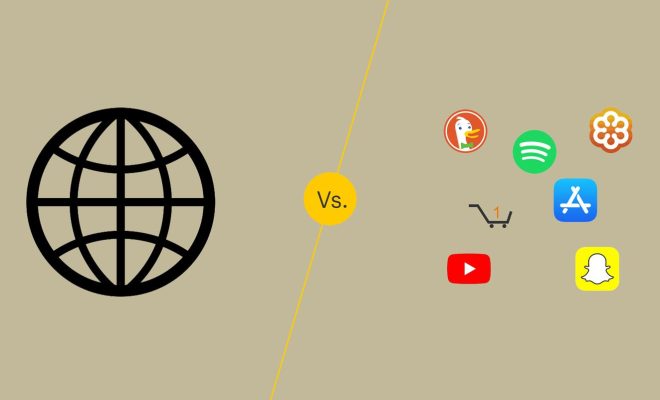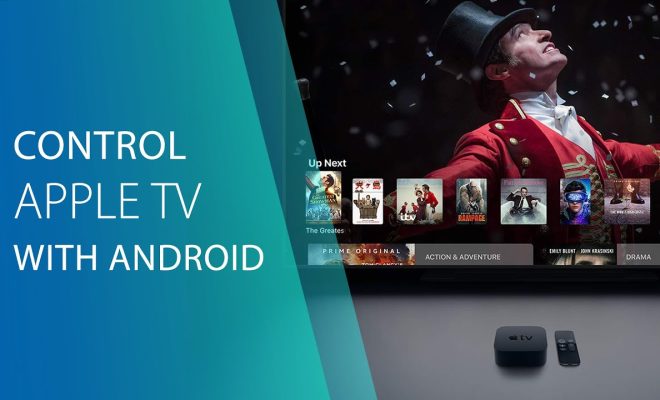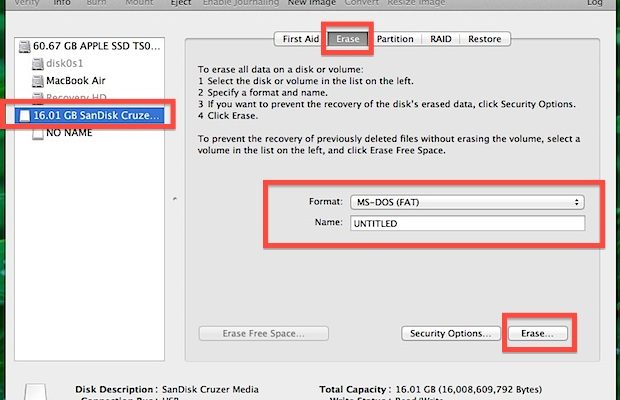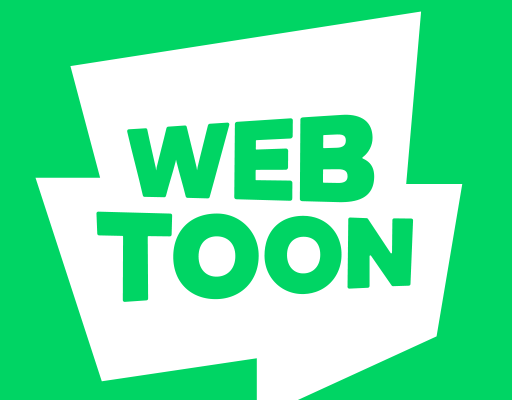Internet vs. Web: What’s the Difference?

The terms Internet and Web are often used interchangeably, but they actually refer to two very different things. The Internet is a global network that connects millions of computers and devices, while the Web is a subset of the Internet that lets people access and share information through websites and web applications.
The Internet is like a vast web of interconnected networks, consisting of everything from local area networks within homes and businesses to larger wide area networks that span entire regions or countries. Its origins can be traced back to the 1960s when the U.S. Department of Defense developed a way for scientists and researchers to communicate and share information with one another over long distances.
The Web, on the other hand, is a collection of interconnected webpages and digital content that people can access from any device with an Internet connection. It was created by Tim Berners-Lee, a British computer scientist, in the late 1980s as a way to share information more easily between scientists and researchers. Today, the Web has evolved into a massive information hub that anyone can access from anywhere in the world.
One of the key differences between the Internet and the Web is that the Internet is the foundation upon which the Web is built. Without the Internet, there would be no way for websites and web applications to communicate with one another, and no way for people to access them. Think of the Internet as the infrastructure, and the Web as the content that runs on it.
Another key difference between the two is that the Web is largely made up of human-readable content that can be accessed through web browsers, while the Internet is comprised of all kinds of data, including machine-readable data that powers everything from automated systems to Internet of Things (IoT) devices.
So, why does it matter whether we understand the difference between the Internet and the Web? For one, it can help us to better understand how the technology that we use every day works. It can also help us to appreciate the incredible size and scope of the Internet, and the vast array of possibilities that it offers.
Overall, while these two terms are often used interchangeably, they do in fact refer to two distinct things. To put it simply, the Internet is the infrastructure that makes the Web possible – and without it, our digital lives would look very different indeed.






